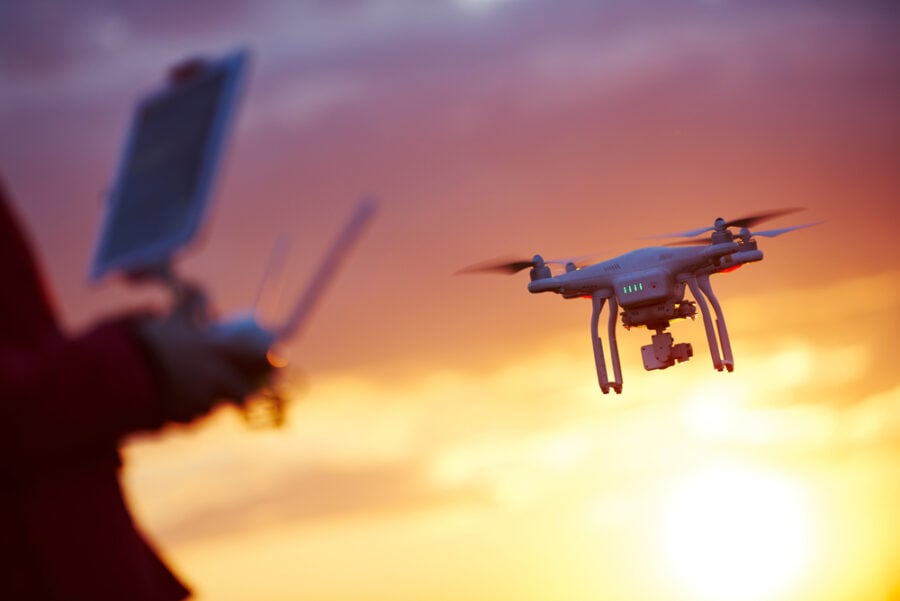ASPIRE, the technology program management pillar of Abu Dhabi’s Advanced Technology Research Council (ATRC) and the organizer of MBZIRC Maritime Grand Challenge, has announced the judges and jury that will evaluate the whitepapers submitted by teams from all over the world.
The competition, which aims to solve the real-world issues of piracy, smuggling, and illegal fishing will be held in Abu Dhabi in June 2023.
The panel comprises six eminent scientists representing different fields of robotics, who come from various parts of the world.
“The MBZIRC Maritime Grand Challenge will set a milestone in the advancement of autonomous technology,” said Dr. Arthur Morrish, Chief Executive of ASPIRE.
The jury for the preliminary phase comprises:
- Allan Steinhardt, Chief Scientist at AEye, Inc., USA
- Cesare Stefanini, Professor & Head of Creative Engineering Design Lab at Faculty of BioRobotics Institute of SSSA, Italy
- Francesco la Gala, an expert in autonomous robotics, based in Italy
- Robert Hummel, Chief Scientist and Vice President of Research at Potomac Institute, USA
- Eric Krotkov, Chief Science Officer at Toyota Research Institute, USA.
The judging panel for the final selection is H.E. Faisal Al Bannai, Secretary-General of ATRC; and Dr. Tony Tether, former Director of DARPA.
The Maritime Grand Challenge, part of the Mohammed Bin Zayed International Robotics Competition (MBZIRC) series, is open to universities, research institutions, companies, and individual innovators.
Hundreds of participants from around the world have registered for the competition since its announcement in October of last year. The high volume of entries, coupled with requests for additional time from some contestants, were taken into consideration for the extension of the deadline for the whitepaper submission until January 31, 2022.
The challenge will involve a heterogeneous collaboration among unmanned aerial and surface vehicles, requiring them to perform complex navigation and manipulation tasks in a GNSS-denied marine environment.








